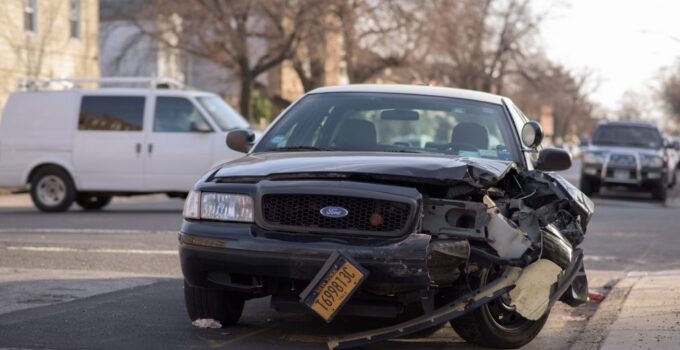It’s a driver’s worst nightmare: being in an accident. Whether it’s a serious crash or a minor fender-bender, there are a lot of important and necessary steps you need to take, both in the immediate aftermath and further down the road. It’s important to be prepared, so read on for these tips on what to do after a car accident.
Page Contents
The Moment After A Collision
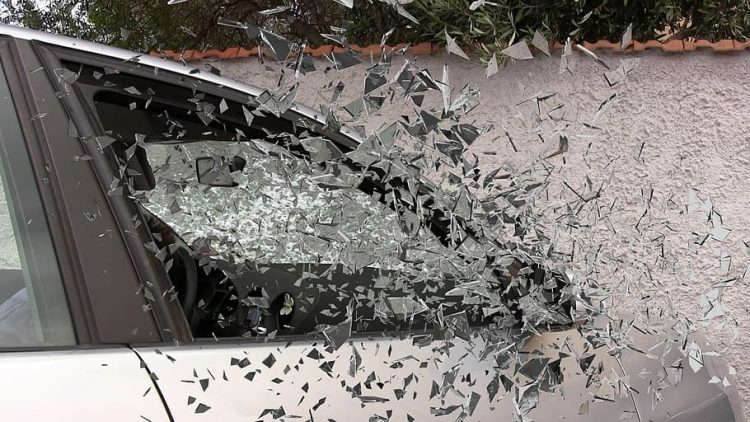
source:pxfuel.com
In the first few moments after an accident, you will likely feel shocked or scared. If it is safe and possible to do so, pull over to the side of the road. This will move your vehicle out of the way of oncoming traffic and potentially another accident. If your car cannot move, turn on your hazard lights to warn other drivers. Make sure your car is off and the scene is safe before attempting to step out of your car.
Take stock of yourself and any passengers, as well as the other drivers, passengers, or pedestrians involved in the crash. Call 911 immediately if anyone has sustained a serious injury. For minor injuries, you can use your discretion on whether or not an ambulance is required, but the injuries should still be checked out by a healthcare professional.
Call The Police
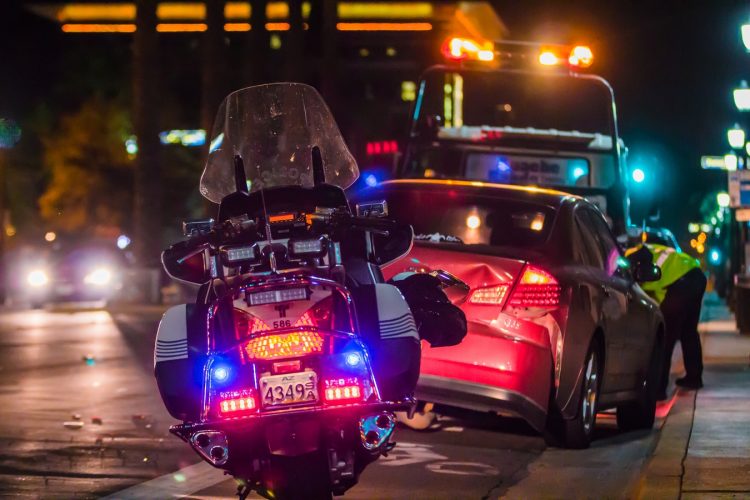
source:unsplash.com
After an accident, you should call the police to take an accident report. In some states, it is actually the law that you’re supposed to obey, even in minor accidents.
A police report on the accident can also be invaluable when dealing with your insurance company down the road. The police will objectively fill out the report and document the scene. If the police are unable to come to the scene, you can report to a nearby police station to report the accident.
Exchange Information
Even though the police report will also have all the vital information, you might want to take a record of as much of the scene as possible. You should write down the names of the parties involved, the license plate numbers, and insurance information for any vehicles. You should find out both the name of the insurance company and the policy number of the other driver, and provide yours as well.
You can also get the contact information for the other drivers or any eyewitnesses. It is also a good idea to write down the name or badge number of the police officers on the scene, in case you wish to follow up or request further information from the police. You can also use your phone’s camera to document the scene. This will be especially important when you file a claim with your insurance company.
Record the Damage
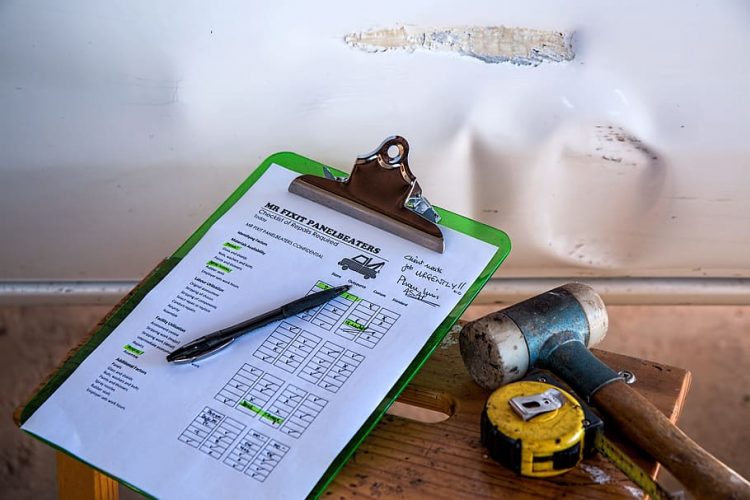
source:pxfuel.com
Make sure to take photos of any damage sustained to your vehicle. Take photos inside and outside the car and from different angles so that your insurance agent will have a clear idea of the extent of the damage.
You should also take stock of any personal items in the car that may have been damaged, like a laptop or work briefcase. If you have an infant car seat that was damaged, visit here for more information.
Talk To Your Insurance Company

source:unsplash.com
After the accident, you should notify your insurance company as soon as possible. You will speak to your insurance agent or an accident claims specialist at the company who will help you file a claim.
Your outcome will depend both on your policy and the severity of the accident. You may be provided a rental car if your car is too damaged to drive, or you may be eligible for medical coverage if you were injured. Make sure to get as much information from your insurance company as you can, and a timeline of when you can expect your claim to be paid.
If your car is damaged and needs to be towed, your insurance provider may send a towing company they work with to pick up your car or have it brought to a garage in their network. These services may be covered by your insurance plan.
Seek Medical Attention
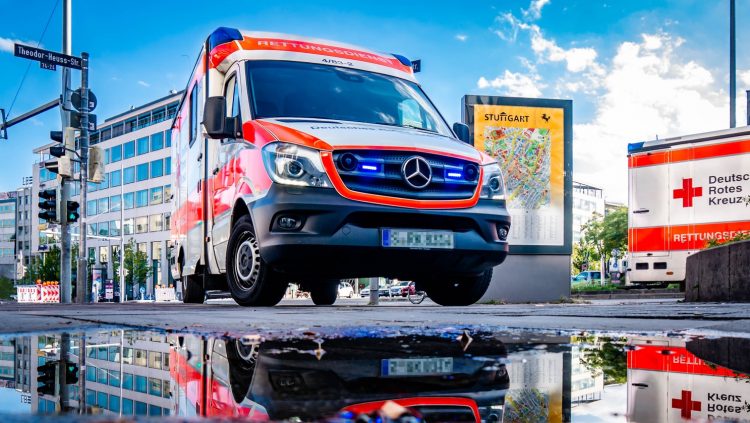
source:unsplash.com
Often, drivers or passengers involved in accidents may not experience pain from their injuries until a day or two after the accident. It’s common for those involved in accidents to think they were unharmed, only to wake up with shoulder or neck pain a day or two later.
If you did not feel any pain at the time of the accident and did not lose consciousness, you should still pay a visit to your physician, just in case. If you did lose consciousness or even felt dizzy or disoriented after the accident, you should visit an emergency room. It’s possible you have suffered a concussion or some other head injury, which could cause serious problems down the road.
Repair Your Car
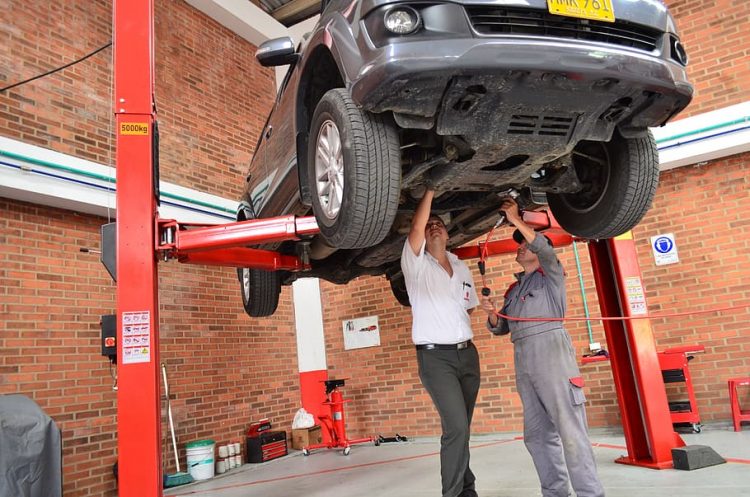
source:pxfuel.com
If your car is still drivable, you can take it from the scene and drive home. It’s important to make sure there is no damage to your vehicle that will cause more serious problems — often, your insurance provider won’t be responsible for post-accident damage, like water damage from a window that no longer closes properly.
You can call your insurance company and let them know that you have damage that requires immediate repair. They will typically request photos of the damage and send you to a repair shop that will validate the need for the repairs. They may also ask you to keep your receipts from any immediate repairs so that you can be reimbursed when your claim is processed.
While you’re waiting for your claim to be processed, you should have a repair shop give you an estimate on the total damages to your car and the cost of fixing them. If possible, bring your car to multiple shops for estimated prices. Keep a detailed list of what needs to be fixed and the estimated costs. Once your insurance provider has processed your claim, you can make sure the money will cover your total repairs.

